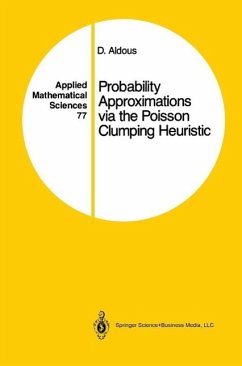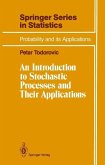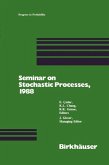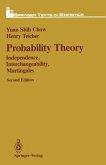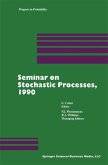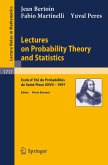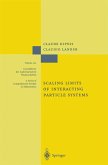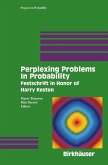If you place a large number of points randomly in the unit square, what is the distribution of the radius of the largest circle containing no points? Of the smallest circle containing 4 points? Why do Brownian sample paths have local maxima but not points of increase, and how nearly do they have points of increase? Given two long strings of letters drawn i. i. d. from a finite alphabet, how long is the longest consecutive (resp. non-consecutive) substring appearing in both strings? If an imaginary particle performs a simple random walk on the vertices of a high-dimensional cube, how long does it take to visit every vertex? If a particle moves under the influence of a potential field and random perturbations of velocity, how long does it take to escape from a deep potential well? If cars on a freeway move with constant speed (random from car to car), what is the longest stretch of empty road you will see during a long journey? If you take a large i. i. d. sample from a 2-dimensional rotationally-invariant distribution, what is the maximum over all half-spaces of the deviation between the empirical and true distributions? These questions cover a wide cross-section of theoretical and applied probability. The common theme is that they all deal with maxima or min ima, in some sense.
Dieser Download kann aus rechtlichen Gründen nur mit Rechnungsadresse in A, B, BG, CY, CZ, D, DK, EW, E, FIN, F, GR, HR, H, IRL, I, LT, L, LR, M, NL, PL, P, R, S, SLO, SK ausgeliefert werden.
Hinweis: Dieser Artikel kann nur an eine deutsche Lieferadresse ausgeliefert werden.

